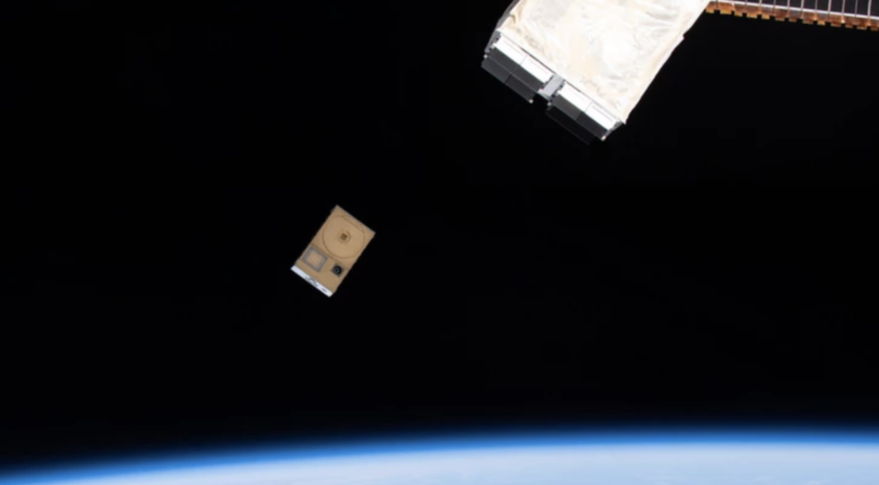
WASHINGTON — Orion Space Solutions announced Aug. 16 it was selected by the U.S. Space Force to develop three small satellites for a demonstration of on-orbit services in geostationary Earth orbit.
The $44.5 million contract is for the Tetra-5 mission, a project intended to help the Space Force figure out how to take advantage of commercial technologies to inspect objects in space, and to service geostationary satellites 22,000 miles above Earth that perform critical missions and are expensive to replace.
Orion Space, based in Louisville, Colorado, will work with several subcontractors, including Hera Systems, Booz Allen Hamilton and Scout Space.
Chad Fish, chief operating officer of Orion Space, said the satellites for this mission will be about the size of two carry-on bags and will be delivered in about five years. The contract, awarded by the Space Force’s Space Enterprise Consortium, includes spacecraft and payload design, assembly, integration, testing and ground support.
The Tetra-5 satellites will have sensors for rendezvous and proximity operations, and docking interfaces for refueling. Bidders have to install refueling ports in the satellites and have a choice of using interfaces developed by Orbit Fab or by Northrop Grumman.
Sergio Gallucci, co-founder and chief technology officer of Scout Space, said the Tetra-5 program “represents a very important focus on critical advancements to spaceflight operations in the more congested and contested space domain of today.” The company develops sensor technology for in-space surveillance. In 2021, Orbit Fab deployed an on-orbit refueling vehicle equipped with Scout’s spaceflight vision system.
Michael Johnston, vice president of space at Booz Allen Hamilton, said the company is “excited to support this new, increasingly critical mission area for the Space Force: in-space proximity operations, servicing, and life-extension of our nation’s critical space assets.”

